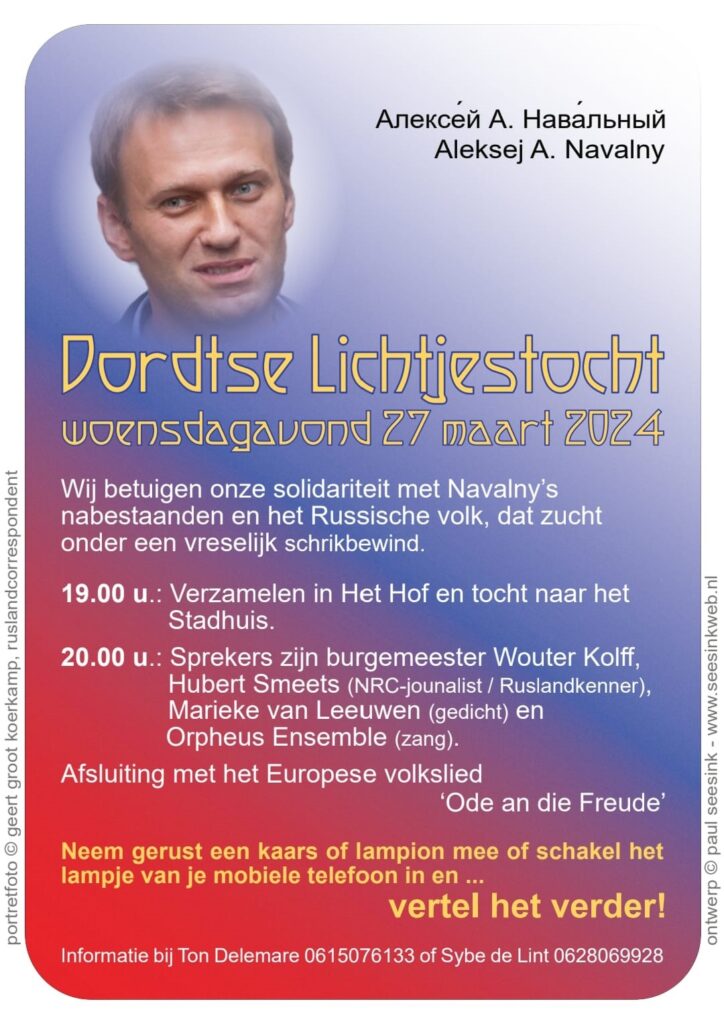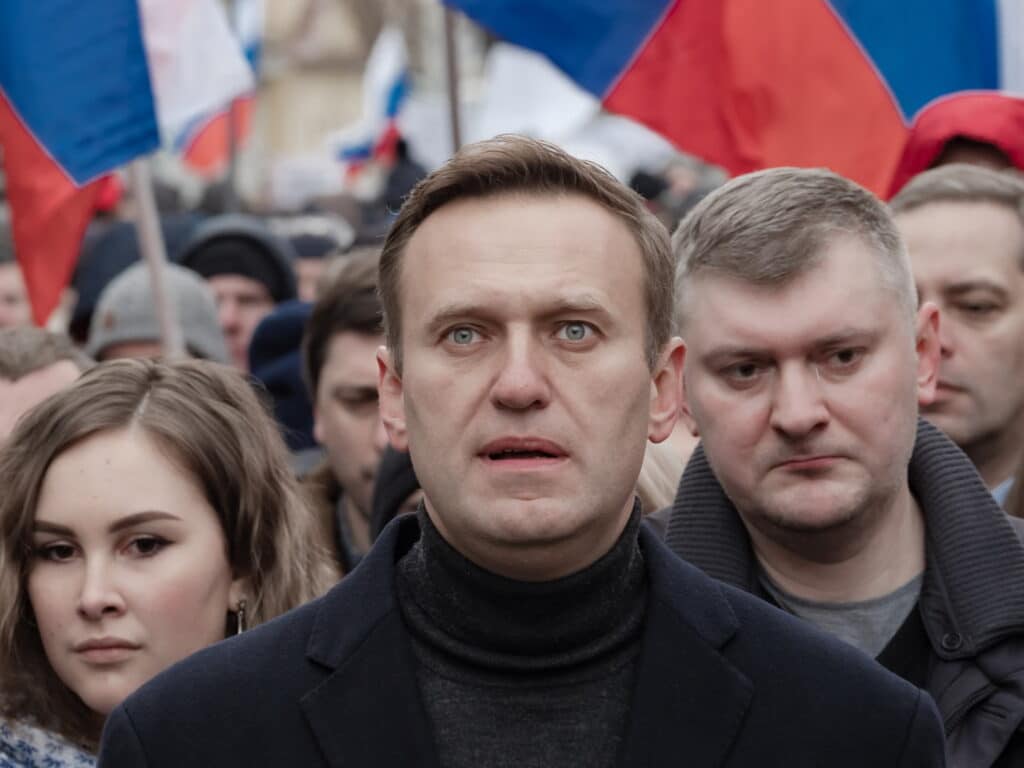Photo: Opposition leader Alexei Navalny during a march - Wikimedia Commons
Less than a month before Russian parliamentary elections, Alexei Navalny, the opposition leader and political arch-enemy of Russian President Vladimir Putin, died in the Arctic penal colony where he was serving a 19-year sentence. According to prison authorities, Navalny felt unwell and lost consciousness after a walk. His family has been denied access to the mortuary where his body is believed to be kept and will not be released for another two weeks for a "chemical analysis," according to Russian authorities. Navalny's wife, Yulia Navalnaya, claims the body is being kept until traces of poisoning disappear.
Oppression of opposition
A poisoning would not be the first time. Navalny was poisoned in 2020 with a nerve agent called novichok, which had previously been associated with Russian security services. Navalny accused Putin and the Russian government of being behind the attack, although Russian authorities denied these allegations. After his recovery, Navalny returned to Russia, where he was arrested and imprisoned for alleged offences of the conditions of a previous suspended sentence.
Navalny is not the only opposition figure to have been oppressed, it has been noted that "most of the Russian opposition is dead, in exile abroad or in prison." Navalny's arrest led to massive protests across Russia and international condemnation of the Russian government's actions.
The fight for democracy
Alexei Navalny was a leading voice of opposition to the Kremlin, campaigning against corruption and authoritarianism in Russia. His determination and courage inspired many, both inside and outside Russia, to stand up for democratic values and speak out against oppression. He is therefore a symbol of the fight for democracy for many.
Navalny's death, especially under suspicious circumstances and with an earlier poisoning incident in mind, casts a sombre shadow over the state of political opposition and the space for free expression in Russia. The Russian authorities' refusal to allow a full investigation into his death and allow his family access to his body reinforces suspicions of state involvement in his passing. His death highlights the dangers faced by political activists and dissidents in authoritarian regimes, where repression and violence are used to quell criticism.
By continuing to support mobilising forces such as Navalny, people show that they will not give in to oppression and are determined to keep fighting for a more just and democratic society. Their struggle reminds us that freedom, justice and human rights can never be taken for granted and require constant efforts to be maintained and defended. This is what the FMS will continue to fight for every day.
________________________________________________________________________________________________________________________________________
In memory of Aleksei Navalny, a light procession will be organised in Dordrecht on Wednesday evening, 27 March. Find all the information below. Come too and show your support!






